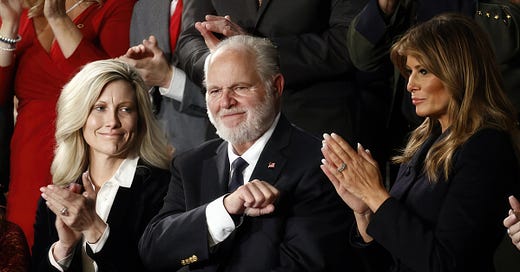

Discover more from @amuse
There are certain moments in sports history that expose the underlying prejudices of society in a way that few other arenas can. Jackie Robinson’s debut in Major League Baseball in 1947 was such a moment. The savage hostility he faced—the death threats, racial epithets, and physical attacks—wasn’t just about keeping a black man off the baseball diamond; it was about maintaining the illusion that certain people, based solely on the color of their skin, did not belong. Robinson’s excellence forced that illusion to crack.
Yet here we are, decades later, witnessing another figure expose a different, more nuanced form of bigotry in professional sports—this time in the WNBA. Caitlin Clark, the most talented rookie the league has seen in years, is facing a level of vitriol that cannot be explained by poor sportsmanship or rivalry alone. Clark, a white, straight woman in a league dominated by black and LGBTQ+ players, finds herself singled out for reasons that are hardly subtle.
Her detractors will, of course, be outraged by this comparison. Many of them—ironically enough—are the same people who revere Jackie Robinson, who speak in hushed tones about his courage and celebrate his breaking of the color barrier. They will bristle at the notion that Clark, a white woman, could possibly face anything resembling the racism Robinson endured. But their offense is, in itself, revealing. The inability to recognize bigotry in its current form—whether it be racial, sexual, or cultural—is precisely what blinds these critics to their own actions. Just as those who opposed Robinson’s entry into baseball failed to understand how their hatred was poisoning the sport, Clark’s detractors fail to see how their animosity is a reflection of their own narrow-mindedness.
The parallels between Robinson and Clark are not a matter of direct equivalence but of a shared experience of being the "other" in a culture that prides itself on its own insular identity. Robinson was ostracized for daring to challenge an all-white league; Clark is being targeted because her race and sexual orientation mark her as an outsider in a league that has its own power dynamics. She received 60% of the flagrant fouls called in the WNBA during her rookie season, not because she plays with particular aggression, but because she represents something unsettling to those who dominate the league’s cultural landscape.
And just as Robinson’s very presence on the field disrupted the fragile order of baseball, Clark’s success challenges the identity politics of the WNBA. Her fans, who often outnumber those of opposing teams at away games, are derided as racists simply for supporting her. The refusal to place her on the Olympic team, despite her being superior to many of the players selected, reeks of the same exclusionary tactics once used to keep black athletes out of professional sports. The physical targeting she endures on the court—being knocked down, gouged in the eyes, subjected to flagrant fouls—mirrors the way Robinson was spiked and shoved by opponents determined to drive him out of the game.
Yet the real tragedy is that many who should be her natural allies—those who decry bigotry and celebrate diversity—are the very ones turning a blind eye to the treatment Clark is enduring. Their refusal to acknowledge the biases against her only deepens the wound. In Robinson’s day, it was white baseball fans who could not imagine that their hatred of a black player was anything other than righteous indignation. Today, it is Clark’s critics who cannot conceive that their disdain for her might be rooted in the same kind of blind prejudice.
This essay will, no doubt, offend those who consider themselves champions of tolerance and inclusion. They will dismiss the comparison as absurd, an affront to the legacy of Jackie Robinson. But their very outrage is part of the problem. The failure to see how bigotry evolves—how it adapts to new cultural dynamics—is precisely what allows it to fester. Caitlin Clark’s story is not an isolated case of poor sportsmanship or media bias; it is the inevitable consequence of a society that has grown comfortable with its own contradictions.
The WNBA, like the MLB before it, must now confront the uncomfortable truth that the very inclusion and diversity it champions is, in practice, selective. Just as Robinson forced baseball to grapple with its racial hypocrisy, Clark is now forcing the WNBA and its supporters to face their own bigotry. The only question is whether they, like those who tried to keep Robinson out of the league, will continue to deny it—or finally confront the reality staring them in the face.
Subscribe to @amuse
@amuse (formerly Politique Republic) is a newsletter dedicated to the political issues facing America from a conservative viewpoint.
















